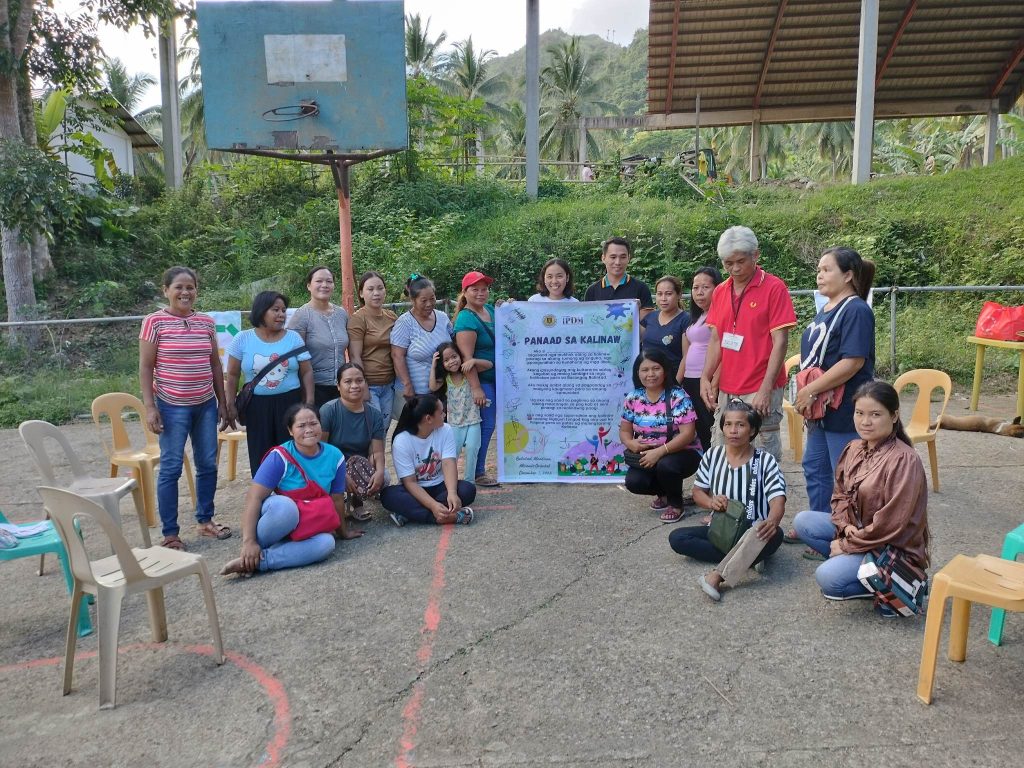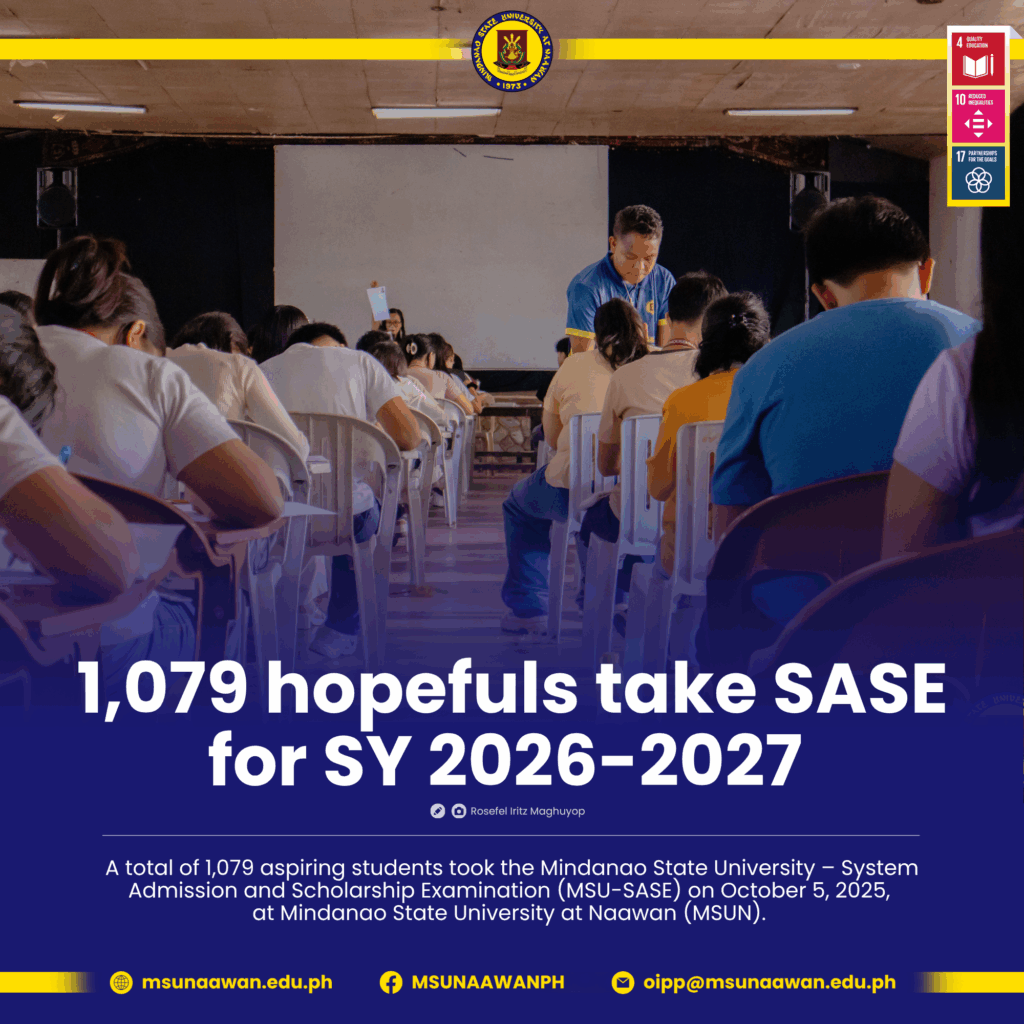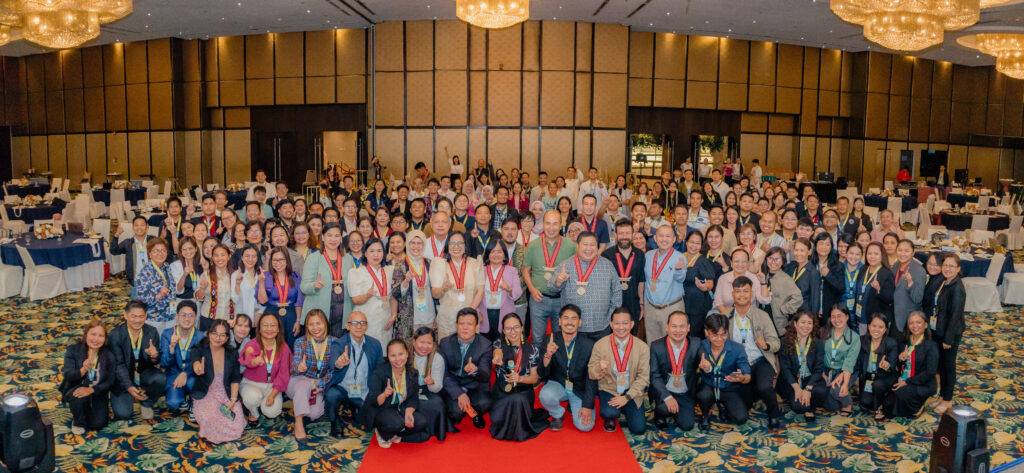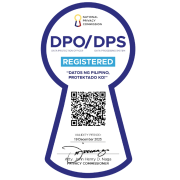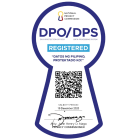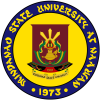
June 3, 2024 – The School of Marine Fisheries and Technology (SMFT) recently held its annual Student Research Colloquium, providing a dynamic platform for undergraduate and graduate students to showcase their research in various fields related to fisheries and aquatic sciences.
This year’s colloquium highlighted the theme “Transformative Research in Fisheries Science for Sustainable Development,” underscoring the crucial role of research in fostering sustainable practices and innovations in the industry.

Breakout Sessions and Diverse Topics
The colloquium commenced with three parallel breakout sessions, each dedicated to distinct areas of study within fisheries science:
1. Aquatic Habitats and Capture Fisheries
2. Aquaculture Systems and Management
3. Feed and Food Quality and Safety
These sessions provided a platform for students to delve into specific topics, presenting their research to a critical audience of peers, faculty, and experts. Noteworthy presentations that were selected as the top studies from 27 papers in each field were:
Assessment of Sex Ratio and Gonadal Stages of Sea Urchin Diadema antillarum in Tubajon, Laguindingan, Misamis Oriental by Decery Shen A. Paquingan and Rolando O. Tingcang, Jr.
Prevalence of Vibrio in Giant Freshwater Prawn Macrobrachium rosenbergii (De Man, 1879) Broodstocks Collected from a River with Notes on Water Quality and Anthropogenic Activities by Ella B. Apil, Rejean Marie B. Orga, and John Paul B. Sol
Survival of the Marine Polychaete Perinereis sp. (Kinberg, 1865) During Simulated Transport: Comparison of Loading Densities, Substrates, and Physicochemical Changes by Kristine Joy N. Balansag, Roxanne Claire C. Russel, and Jimmar C. Omandam
Population Growth of Microalgae (Nannochloropsis oculate, Chlorella vulgaris, Tetraselmis chuii) in Fruit Processing Waste Extracts by Jenevie J. Dacayana, Frecy June Q. Gacus, and Daimabel A. Sinogaya
Effect of Processing Time and Drying Techniques on the Sensory Characteristics, Proximate Composition, and Microbial Load of Dried Split Nile Tilapia, Oreochromis niloticus (Linnaeus, 1758) by Apple Bellezas, Chris Jane Bastasa, and Mary Mie Tacloban
Assessment of Plastic Contamination in Commercial Fish Feeds and Common Feed Ingredients by Cherry Lyn L. Pulot, Ezraphil A. Delosa, and Jonalyn V. Damoloan
Distinguished Panel of Evaluators
The event featured an impressive lineup of esteemed professionals who meticulously evaluated the research presentations. These experts, hailing from fields such as fisheries, biology, chemistry, marine science, and food product development, assessed the students’ work based on the significance of their findings, the appropriateness of their methodologies, and the competence demonstrated during their oral presentations.
The panel of evaluators included Ret. Prof. Jessie G. Gorospe, PhD, Ret. Prof. Henry E. Dejarme, MaryBeth Hope T. Banda, MSc, Robert Keith A. Sienes, MSc, Marnelle B. Sornito, MSc, Emmanuel S. Delloro, MSc, Liberty E. Taneo, MSc, Stephen Jhon V. Magoncia, MSc, and Grace D. Cabaron, MSc. Their expertise ensured a rigorous and thorough evaluation of the presented research, contributing to the credibility and prestige of the event.
Plenary Session Highlights
The afternoon plenary session was a highlight of the colloquium. Prof. Dan M. Arriesgado, Ph.D., Dean of SMFT, delivered the words of welcome, setting a tone of excitement and anticipation for the session. The guidelines for oral presentations and evaluation criteria were outlined, ensuring a fair and transparent judging process. Along with the two best studies from each parallel session, four exceptional graduate student researches were also presented, particularly:
Nutritional Profile and Antibacterial Activity of Black Soldier Fly (Hermetia illucens) Larvae Meal as Potential Protein Source for Aquafeed by Cherlyn M. Geronda
Influence of Microalgae, Algal Cell Concentration, Body Size and Environmental Conditions on the Filtration and Ingestion Efficiency of Black Mussel Mytella strigata (Hanley, 1843) by Clevin P. Libay
Antibacterial Activity of Calamansi Fruit Waste (Citrus macrocarpa) Ethanolic Extract against Aquaculture Pathogens by Michael James Salutan
Evaluation of the Antibacterial Activity of Pineapple (Ananas comosus) (L.) Merr. Industrial Waste Against Common Fish and Shellfish Pathogen by Honielyn Taka
The session concluded with impressions from the evaluators, who lauded the quality of the research and the competence of the students. The announcement of winners and the awarding of certificates followed, marking the culmination of a day dedicated to celebrating academic excellence and innovation.
Award-Winning Research
In the undergraduate category, the top honor went to Kristine Joy N. Balansag, Roxanne Claire C. Russel, and Jimmar C. Omandam for their outstanding study, “Survival of the Marine Polychaete Perinereis sp. (Kinberg, 1865) During Simulated Transport: Comparison of Loading Densities, Substrates, and Physicochemical Changes.” Their research provided significant insights into the optimal conditions for transporting marine polychaetes, which are crucial for various aquaculture applications.
The graduate category was won by Clevin P. Libay, whose research, “Influence of Microalgae, Algal Cell Concentration, Body Size and Environmental Conditions on the Filtration and Ingestion Efficiency of Black Mussel Mytella strigata (Hanley, 1843),” offered valuable contributions to the understanding of black mussel filtration dynamics, with implications for aquaculture sustainability.
Looking Ahead
Assoc. Prof. Kaent Immanuel N. Uba, MSc, Research, Extension, and International Linkages Coordinator of SMFT, delivered the closing remarks, emphasizing the importance of continuous research and collaboration in advancing the field of fisheries science. He encouraged students to pursue their research with passion and commitment, highlighting the role of innovative research in driving sustainable development within the industry.

The 2024 Student Research Colloquium not only showcased the exceptional talent within SMFT but also reinforced the institution’s commitment to fostering a culture of research excellence. The insights and innovations presented during the event are poised to make significant contributions to the field of fisheries science, paving the way for sustainable practices and advancements in the years to come.









Photos by SMFT and Princess Everelle D. Banaag

